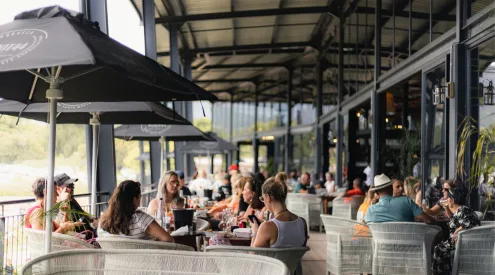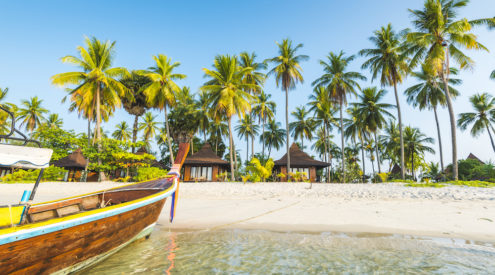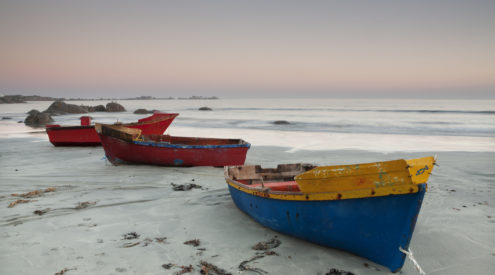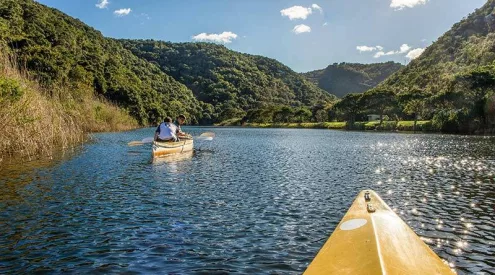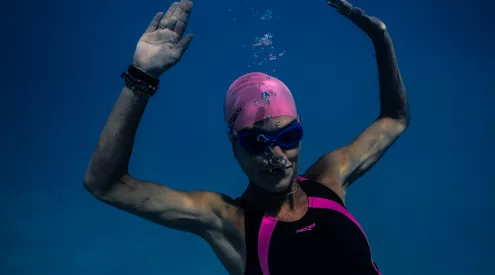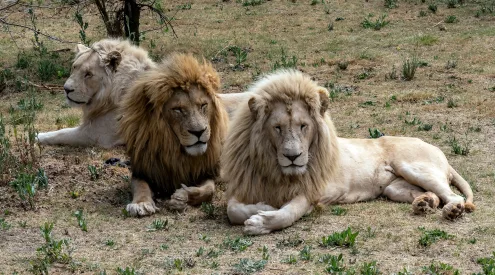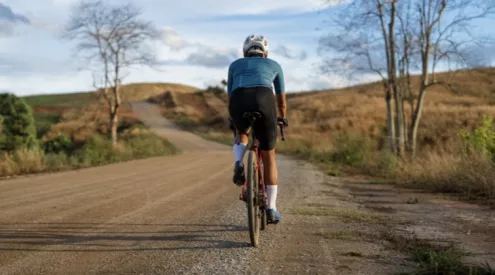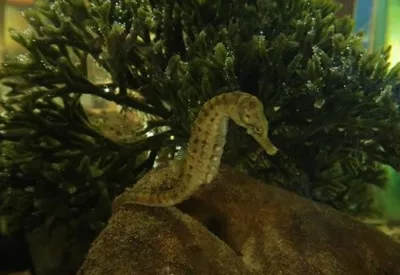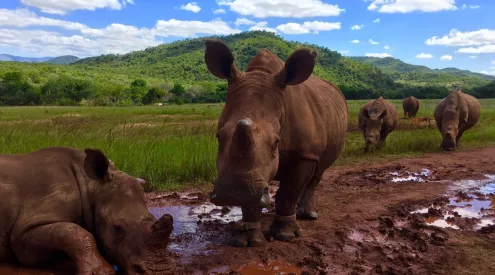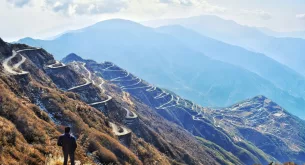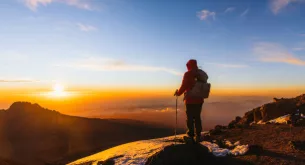As the year is coming to a close, we take the time to reflect on our achievements and highlights. In the light of a global climate and environmental crisis, South Africans rose to the occasion and came forth with bright ideas to save the planet. Here are the top five proudly South African eco-friendly inventions:
1. Recycled Owl Houses
The Owl Rescue Centre collects plastic to recycle and convert into owl shelters, bat houses and bee shelters. The organisation works to convert plastic into planks which are then used to create a number of structures.
2. Off-grid mobile solar kiosks
Solar Turtle, a solar battery charging station that uses solar PV to recharge any battery off-grid communities might have, is now also working on BabyTurtle, a mobile solar kiosk that can be used in rural, off-grid areas to empower communities by providing solar energy to use on small scale.
3. Risen vegetable gardens
Umgibe is an ingenious vegetable growing solution, which now feeds over 10,000 people. Nonhlanhla Joye from KZN developed a system suspending plastic bags destined for the landfill, on wooden frames, protecting vegetable gardens from chickens or other ground-walking nemeses trying to eat the produce before it can get picked.
4. Drinking water from Macadamia farming
Kusini Water uses macadamia nut shells to purify water and hopes that this innovation will mean safe drinking water for thousands of South Africans. South Africa is the largest macadamia producer in the world, and these nutshells make effective activated carbon filters. They work on a low-pressure system which can be gravity-fed or solar-powered, eliminating the need for electricity and making them ideal for providing safe drinking water in rural and informal settlements.
5. Edible straws
A Stellenbosch student came up with edible straws after the radical war against plastic worldwide and the recent grumble about the practicality of paper straws and the hassle of stainless steel straws. These edible straws are said to be tasteless and might be the best alternative yet!
Image: Facebook/University of Stellenbosch


